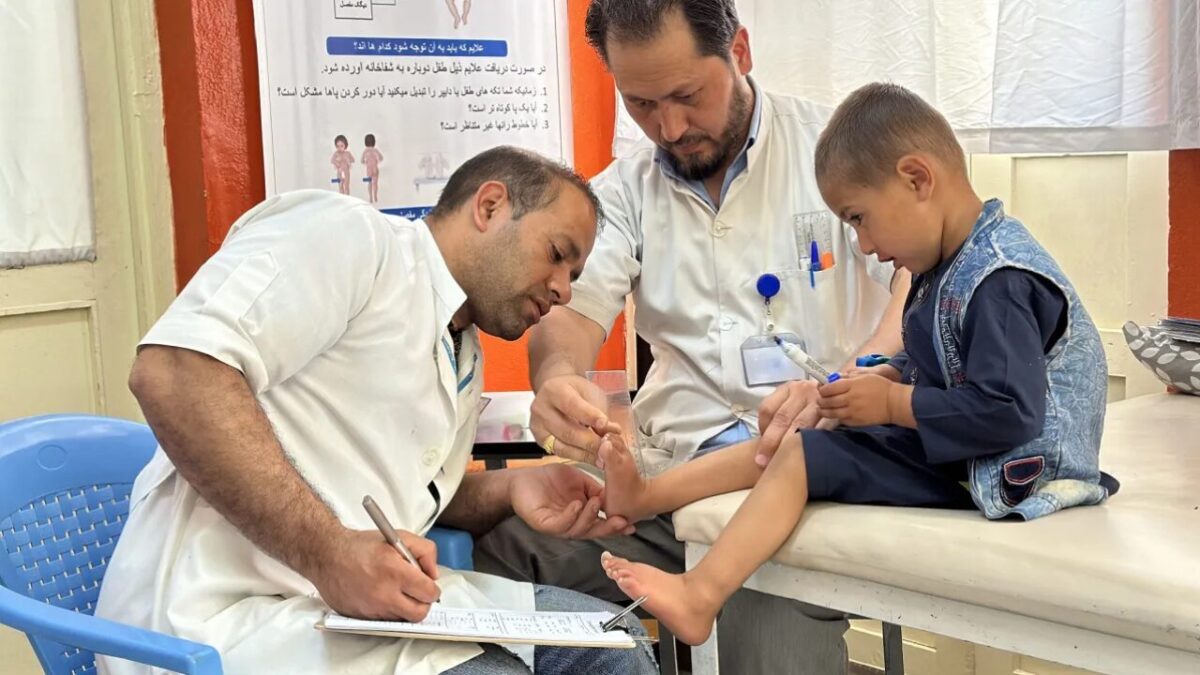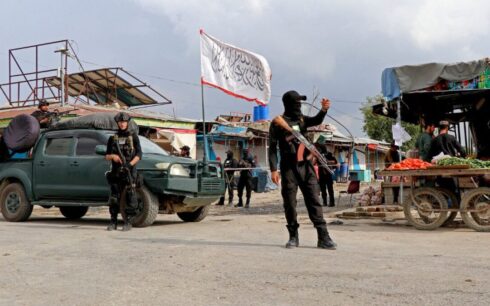KABUL, Afghanistan — The European Union office in Afghanistan in a statement on the International Day of Persons with Disabilities said the community in the country faces significant obstacles, particularly in accessing healthcare and rehabilitation services.
In a statement shared on X, the EU reaffirmed its commitment to supporting individuals with disabilities and called on the international community to work toward creating a more inclusive society.
The International Committee of the Red Cross (ICRC) also underscored the challenges faced by children with cerebral palsy in Afghanistan, noting that the prevalence of the condition is higher in the country compared with global averages.
According to the ICRC, two to three out of every 1,000 children worldwide are affected by cerebral palsy, but a lack of diagnostic resources and healthcare services in Afghanistan exacerbates the issue, particularly in rural areas.
Rehabilitation efforts
The ICRC reported that 64,121 patients with cerebral palsy are currently receiving treatment in Afghanistan. The organization runs its largest physical rehabilitation program in the country, serving more than 200,000 patients annually across seven centers.
“We continue to support these patients with orthoses, prostheses, physiotherapy, and vocational training,” the ICRC said in a statement. “The determination of communities in Afghanistan to improve conditions for children with cerebral palsy is encouraging.”
Between January and September 2024, the ICRC provided vital rehabilitation services to 11,043 patients with cerebral palsy across Afghanistan, including 4,461 girls.
Both the European Union and the ICRC emphasized the urgent need for global cooperation to improve access to healthcare and rehabilitation services for people with disabilities in Afghanistan. Amid ongoing economic and humanitarian crises, the organizations urged sustained efforts to address the unique needs of these individuals and ensure they are not left behind.





